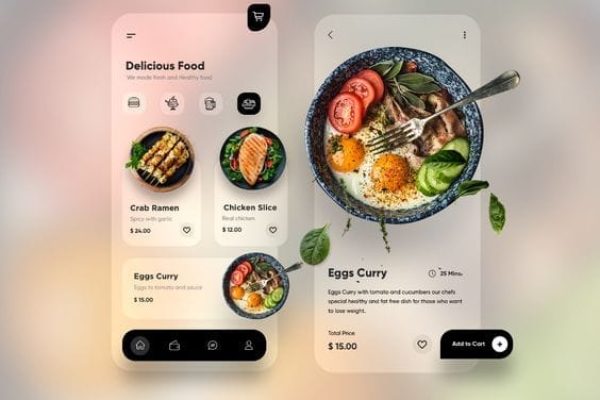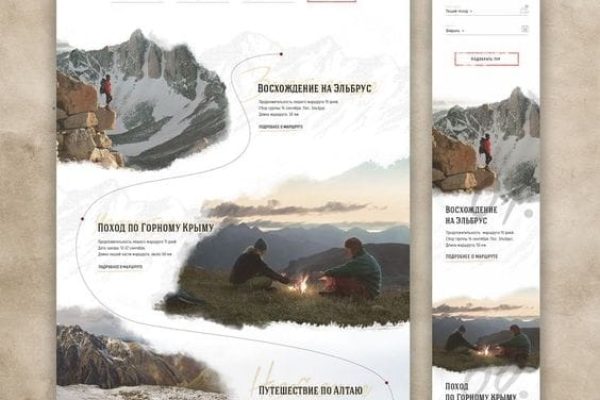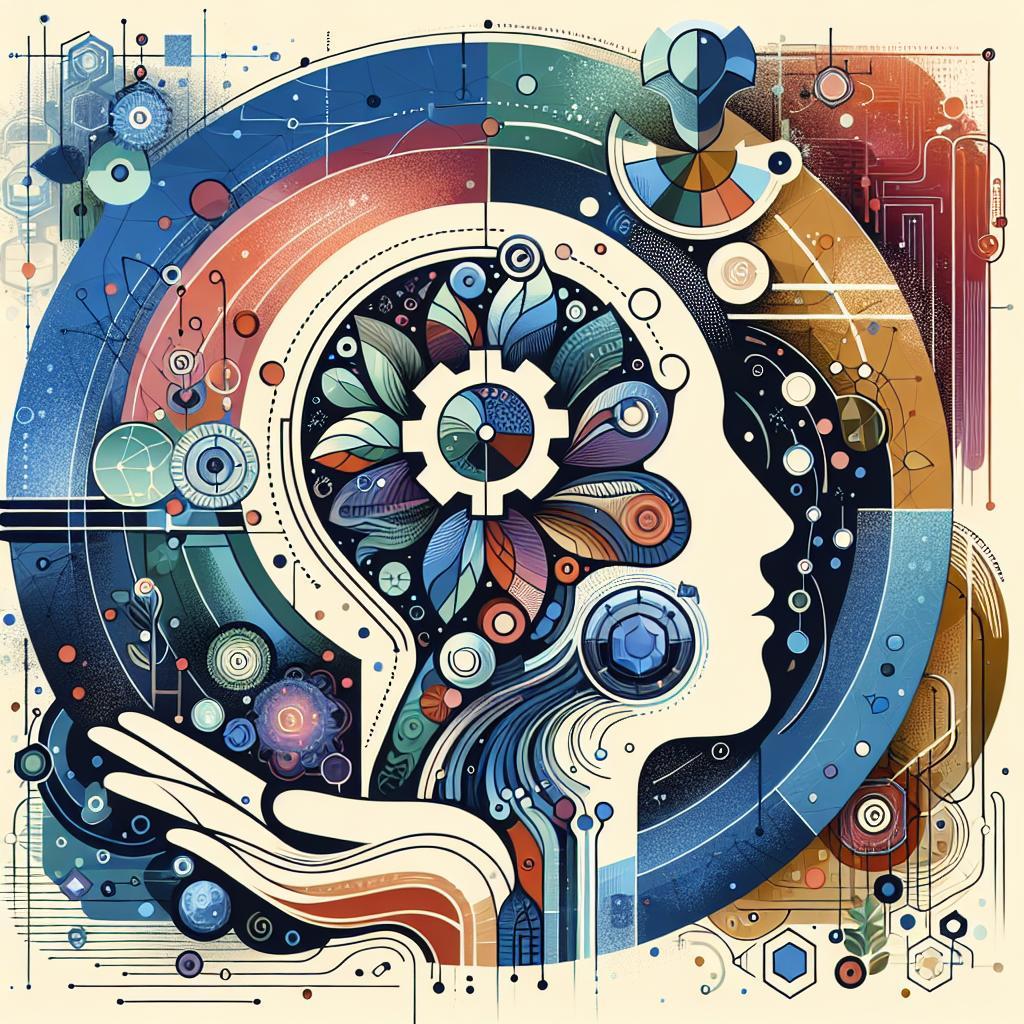In the vibrant tapestry of Morocco, where ancient traditions intertwine with modern innovation, technology is shaping the way people interact with the world around them. As the digital landscape continues to evolve, chatbots are emerging as dynamic facilitators of user experience, bridging the gap between cultural heritage and contemporary convenience.From bustling souks to serene riads, these artificial companions are enhancing customer engagement, streamlining services, and personalizing interactions across various sectors. In this article, we delve into the multifaceted role of chatbots in Morocco, exploring how they are not only transforming businesses but also enriching the daily lives of users by providing instant support, tailored recommendations, and a seamless connection to the services they seek. Join us on this journey to uncover the impact of chatbot technology in a country that elegantly balances the old with the new.
To design effective chatbots that resonate with Moroccan users, it is indeed essential to dive deep into the cultural and social fabric of the region. Moroccan users have diverse backgrounds, languages, and dialects, primarily Arabic and Amazigh dialects, along with French as a widely spoken language.To enhance engagement and user satisfaction, developers must integrate cultural nuances by:
- Utilizing local dialects: Incorporate regional phrases and colloquialisms that reflect the userS everyday language.
- Understanding Cultural Context: Craft conversational exchanges that resonate with local traditions,holidays,and social norms.
- Visual Aesthetics: Design interfaces that reflect Moroccan art and architecture, appealing to users’ cultural identity.
Moreover,optimizing chatbot performance hinges on effective localized language support and continual measurement of success. By adopting a methodological approach, developers can monitor key metrics such as user satisfaction, response times, and completion rates. A few essential strategies include:
| Metric | Strategy |
|---|---|
| User Engagement | Conduct regular surveys and feedback sessions. |
| Response Accuracy | Implement continuous learning algorithms to refine responses. |
| Completion Rate | Analyse user flows and tweak conversation pathways accordingly. |
These efforts will ensure that chatbots not only meet the unique needs of Moroccan users but also evolve alongside their expectations, fostering a vibrant user experience.
Q&A
Q: What are chatbots and how do they function?
A: Chatbots are AI-driven programs designed to simulate human conversation. They function by utilizing natural language processing (NLP) to understand and respond to user inquiries in real-time.Whether deployed on websites,mobile apps,or social media platforms,chatbots can provide users with instant responses,enhancing overall engagement.
Q: Why is the implementation of chatbots meaningful in Morocco?
A: The rise of digital conversion in Morocco has prompted businesses to seek innovative solutions to improve customer service. Chatbots are significant because they offer a scalable way to manage increasing customer demands while providing a more personalized experience, which is essential in a rapidly evolving market.
Q: How are Moroccan businesses adopting chatbots?
A: Businesses across various sectors—such as e-commerce, tourism, and banking—are increasingly adopting chatbots to streamline customer interactions. Such as, local banks implement chatbots to help users with account inquiries and transaction details. E-commerce platforms use them to assist with product recommendations or troubleshoot purchase issues,ultimately reducing wait times and enhancing satisfaction.
Q: In what ways do chatbots enhance user experience for Moroccan customers?
A: Chatbots enhance user experience by delivering immediate assistance, available 24/7, allowing customers to resolve issues outside traditional business hours. Furthermore, these digital assistants can handle multiple inquiries simultaneously, reducing response times and creating a more efficient customer journey.
Q: What are some challenges Moroccan businesses face when implementing chatbots?
A: While adopting chatbots offers numerous advantages, Moroccan businesses face challenges such as ensuring language fluency, especially in Arabic and French, and integrating chatbots with existing systems. There is also the need for continuous updates and training to keep the AI relevant and effective in understanding user context.
Q: Can chatbots be tailored to local culture in Morocco?
A: Absolutely! Tailoring chatbots to resonate with local culture involves programming them to understand colloquial expressions, regional dialects, and cultural nuances. Businesses can also infuse local traditions and practices into chatbot interactions, making the experience more relatable and engaging for Moroccan customers.
Q: What does the future hold for chatbots in Morocco?
A: The future of chatbots in Morocco looks promising,as more businesses recognize their value in enhancing customer satisfaction.With advancements in AI technology, we can expect chatbots to become even more sophisticated, capable of understanding complex queries and providing tailored recommendations, thus further enriching the digital landscape in Morocco.
Q: How can consumers provide feedback on chatbot interactions?
A: Consumers can often find feedback options directly within the chatbot interface, usually after resolving their queries. Businesses can encourage feedback through post-interaction surveys or follow-up messages that ask users to rate their experience, ensuring continual improvements to the chatbot’s performance.
Q: Is there a risk of chatbots replacing human jobs in Morocco?
A: while there may be concerns about job displacement due to automation, chatbots are primarily designed to complement human roles rather than replace them. by handling repetitive tasks, chatbots allow customer service representatives to focus on more complex issues, fostering a more collaborative relationship between technology and human employees in the workplace.
Key Takeaways
As we navigate the intricate tapestry of digital interaction in Morocco, the role of chatbots emerges as a pivotal thread, weaving together efficiency and personalization in ways previously unimagined. These virtual assistants, equipped with advanced AI capabilities, are not merely tools but companions enhancing the user experience across various sectors, from e-commerce to customer service. As Moroccan businesses increasingly embrace this technology, they are not just responding to the needs of today but also anticipating the desires of tomorrow.
In a landscape where consumer expectations are ever-evolving, chatbots stand as a beacon of innovation, offering seamless interaction and instant support, fostering a culture of satisfaction and loyalty. Yet, the journey doesn’t end here. As technology continues to advance, the potential for chatbots to further enrich user experiences is limitless.By harnessing the power of language, context, and empathy, they can become even more attuned to the unique nuances of Moroccan culture and customer preferences.
the future beckons with promise, urging businesses and developers alike to embrace the evolving role of chatbots. By continuing to refine and innovate, we can ensure that these digital allies become indispensable partners in creating a vibrant and satisfying user experience across Morocco and beyond. The dialogue has only just begun.












